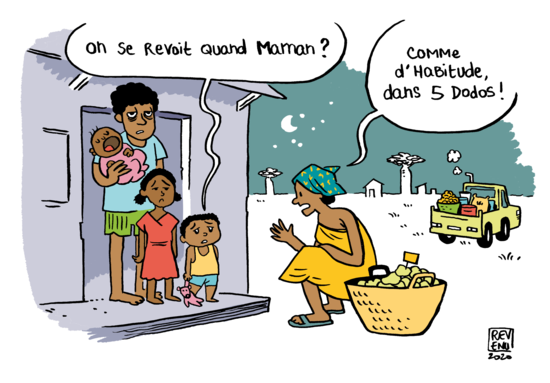Male women and food power games in Abidjan (Côte d’Ivoire)
Download the complete communication (668 Ko)
.
EGNANKOU Adolin Paul
Teacher researcher at the Institute of Ethno-Sociology, University of Félix Houphouët Boigny, Abidjan Cocody (Côte Ivoire)
Encuentra la versión en español:
This text analyses the Gender-Food-City triptych on the basis of a qualitative study conducted in the city of Abidjan (Côte d’Ivoire). First it describes the city, revealing the oppression and gender inequalities that exist as a result of a discriminatory system. Compared to men, a category of Ivorian women, who live in the city, but are illiterate or have little education, are excluded from the formal economic sector and the plantation economy. They are limited to certain activities regarded as unpleasant and marginal: farm work, household cooking, selling food produce, street food, etc. However, the paper shows that, through urban food, women who are excluded and dominated manage to reconstruct their identity and status, by taking on board the stigma they endure.
This reconstruction gives rise to the category of male women, i.e. hybrid women who have changed socially, by adopting typically male behaviour and practices, which help them carry on with these commercial activities and in households in crisis.
In this way, outside, at markets, cooperatives, street restaurants, they mobilise social and economic capital to establish their demographic, symbolic and spatial domination over the other actors who are there, even the ones whose cultural capital is greater than theirs. Inside, we observe subtle, but genuine mutations within households. In fact, thanks to their significant contribution to household expenditure, male women use their power to impose the meals of their choice on the other household members.
Key words: food, domination, male woman, gender, city.

